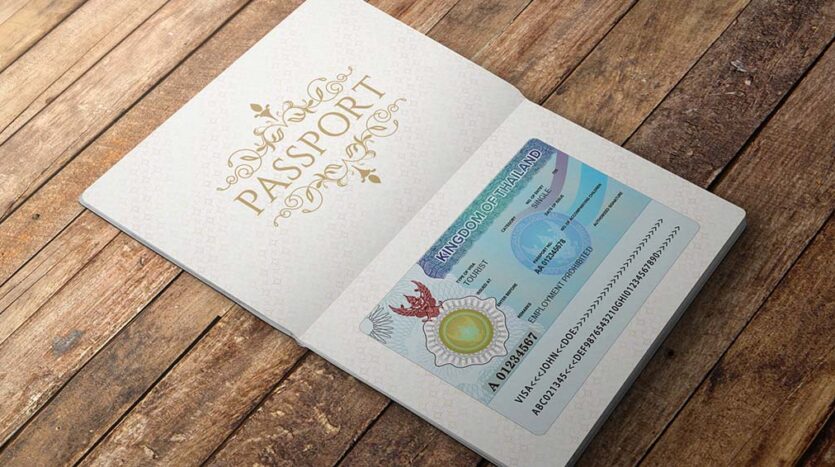A foreigner’s Guide to Applying for a Long-Term Residency Visa in Thailand
Thailand is known for its beautiful beaches, rich culture, and affordable cost of living, making it a popular destination for foreigners looking to stay long-term. However, the visa process can be complex and overwhelming, especially for those who are new to the country. This guide will provide a step-by-step overview of the process for obtaining a long-term residency visa in Thailand.

Step 1: Determine Eligibility
The first step in applying for a long-term residency visa in Thailand is to determine if you are eligible. To be eligible, you must have a valid passport from your home country, proof of financial stability, and a clean criminal record. The Thai government also requires that applicants have a minimum monthly income of THB 40,000 (approximately $1,300) or proof of a THB 800,000 (approximately $25,000) deposit in a Thai bank account.
Step 2: Gather Required Documentation
Once you have determined your eligibility, you will need to gather the required documentation. This includes:
- Completed visa application form
- Passport-sized photos
- Passport with at least 12 months of validity
- Proof of financial stability (such as bank statements, proof of income, or a Thai bank deposit)
- Police clearance certificate from your home country
- Medical certificate from a local hospital in Thailand
- Proof of address in Thailand (such as a utility bill or rental agreement)
Step 3: Submit Your Application
The next step is to submit your visa application and required documentation to the Thai embassy or consulate in your home country. It is recommended that you make a copy of all of your documents for your own records, as they will not be returned to you.
Step 4: Wait for Approval
Once your application has been submitted, it can take several months for the Thai government to process it. During this time, it is important to be patient and not to follow up on the status of your application too frequently.
Step 5: Enter Thailand on a Non-Immigrant Visa
If your application is approved, you will be granted a Non-Immigrant Visa, which will allow you to enter Thailand. You must enter Thailand within 90 days of the visa being issued and then apply for a change of status to a long-term residency visa.
Step 6: Apply for a Long-Term Residency Visa
Once you have entered Thailand on a Non-Immigrant Visa, you can apply for a change of status to a long-term residency visa. This involves submitting additional documentation, such as proof of employment or business ownership, to the immigration office in Thailand. The immigration office will then review your application and make a decision.
Step 7: Renew Your Visa Annually
Once you have been granted a long-term residency visa, you will need to renew it annually. This involves submitting updated financial documents and proof of residency in Thailand to the immigration office. Each renewal fee is usually THB1,900.
In conclusion, applying for a long-term residency visa in Thailand can be a complex and time-consuming process, but with the right preparation and guidance, it is achievable. By following these steps and being patient, you can enjoy the many benefits of living in this beautiful country for an extended period of time.
Written By: Hazel Tan (Guest Writer)
Also can be found on medium.com




 WhatsApp us
WhatsApp us